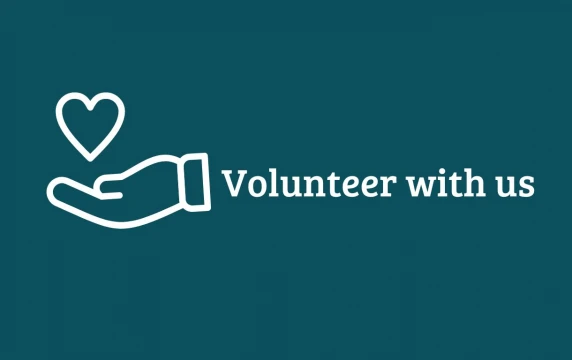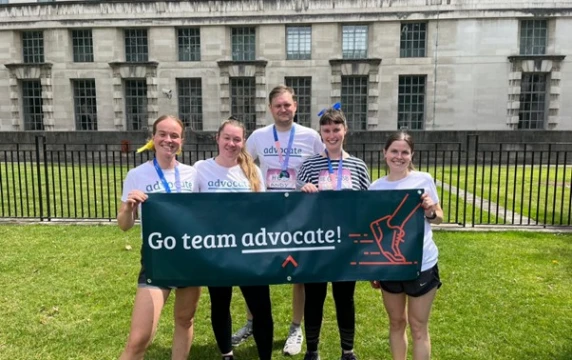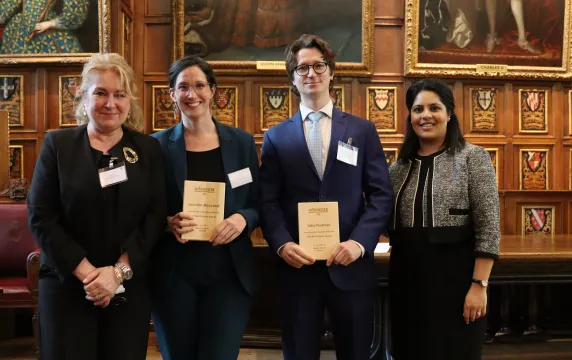At what stage in your career did you take on your first pro bono case?
During pupillage – you’re never too junior!
Why did you decide to undertake pro bono work?
Two reasons. First, some cases are just very deserving and, if you’re in a position to give some time for free, they’re just obviously ones where you’re on the “right” moral side; it is sometimes nice to do a case you really want to do. Secondly, they are hugely valuable to individual barristers – you get a chance to do interesting cases which might not otherwise come to you on a paid basis.
What was the most memorable case you worked on, and what did you do?
One of my earliest pro bono cases – it was my first trip to the Upper Tribunal and resulted in a judgment which changed the law (happily, in the way I was arguing it should change!)
I recently worked on a case with a colleague for a number of years that resulted in a change in the law allowing several thousand houseboat dwellers to claim housing benefit. It’s always satisfying to know that your work has had a wider impact beyond just the client, especially when that work is done pro bono.
What effect did pro bono work have on your career?
Hugely beneficial – it’s provided me with a number of reported cases, access to judges and opponents who can act as professional referees etc.
What advice would you give to any barrister unsure about whether to start doing pro bono work?
Just try it. You’ve got nothing to lose and, potentially, a lot to gain.







